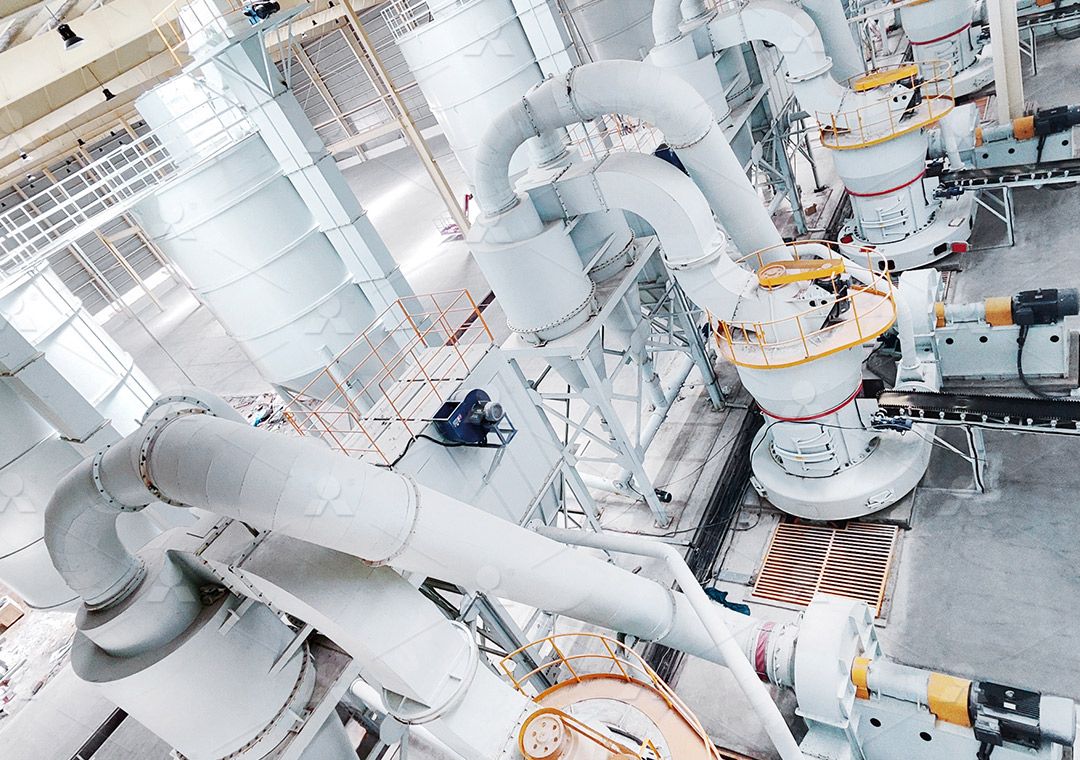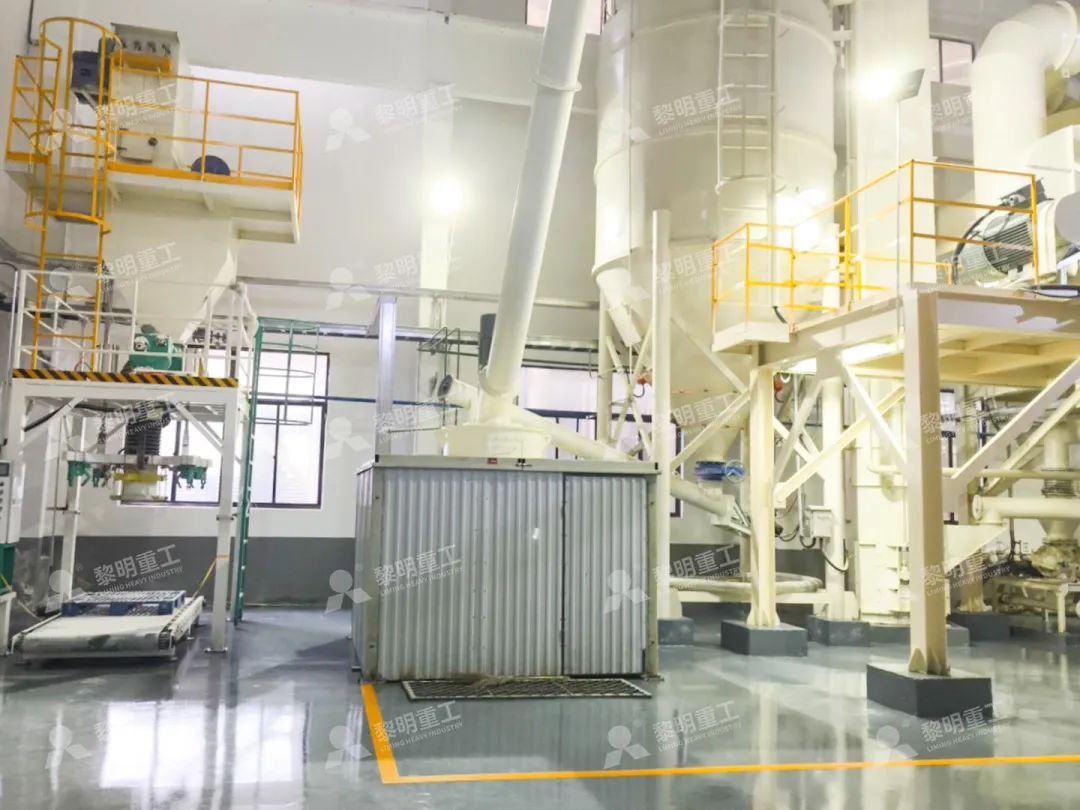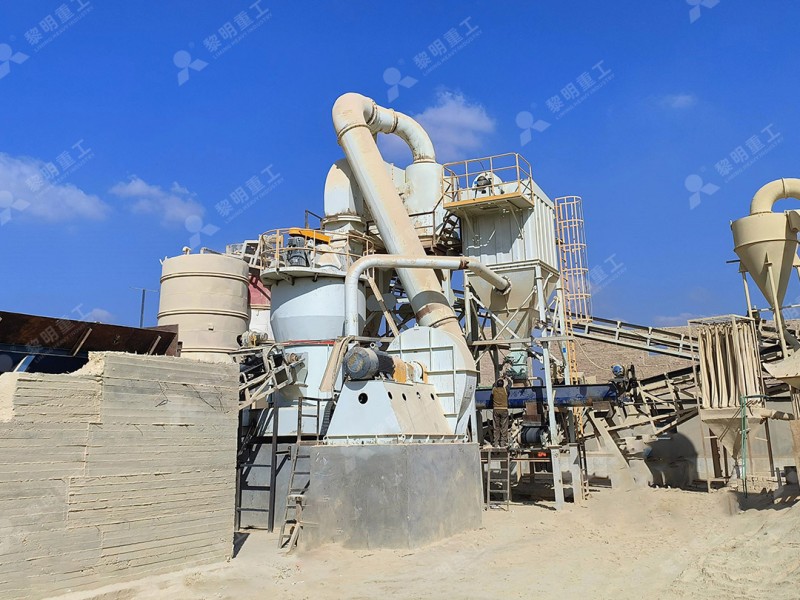Limestone Grinding Plant Setup and Equipment Selection in Belgium
We provide a wide range of mills — including Raymond mill, trapezoidal mill, vertical mill, ultrafine mill, and ball mill, obtained ISO9001 international quality certification, EU CE certification, and Customs Union CU-TR certification. Suitable for processing minerals such as limestone, phosphate, quicklime, kaolin, talc, barite, bentonite, calcium carbonate, dolomite, coal, gypsum, clay, carbon black, slag, cement raw materials, cement clinker, and more.
The discharge range of these mills can be adjusted to meet specific processing needs, typically from 80-400 mesh, 600-3250 mesh, and can achieve the finest particle size of up to 6000 mesh(D50).
If you are looking for a reliable grinding solution to turn stone or minerals into fine powder, please feel free to contact our online customer service.
Establishing an Efficient Limestone Grinding Operation in Belgium
Belgium’s robust industrial sector and strategic European location make it an ideal hub for limestone processing operations. Setting up a grinding plant requires careful consideration of local regulations, material characteristics, and operational efficiency. The country’s stringent environmental standards demand equipment that minimizes dust emissions and noise pollution while maximizing production output.

The Belgian market particularly values equipment that combines high precision with environmental responsibility. Our extensive experience in the region has shown that successful operations prioritize energy efficiency and minimal environmental impact from the initial planning stages.
Critical Factors in Equipment Selection
When selecting grinding equipment for limestone processing in Belgium, several key factors demand attention. The hardness of local limestone deposits typically ranges between 2-3 on the Mohs scale, requiring mills capable of handling medium-hard materials efficiently. Particle size distribution requirements vary significantly depending on the end-use application—from construction materials requiring coarse powders to industrial fillers needing ultra-fine specifications.
For operations targeting the production of ultra-fine limestone powder (325-2500 meshes), the MW Ultrafine Grinding Mill presents an optimal solution. This machine processes materials with input sizes up to 20mm and delivers throughput capacities ranging from 0.5 to 25 tons per hour. Its innovative design eliminates rolling bearings and screws within the grinding chamber, substantially reducing maintenance concerns and potential contamination risks.

Environmental Compliance and Operational Efficiency
Belgian environmental regulations mandate strict control over particulate emissions and noise levels. The integrated pulse dust collector in the MW Ultrafine Grinding Mill ensures dust-free operation throughout the milling process, while specialized silencers and noise elimination features maintain workplace noise at acceptable levels. These features align perfectly with Belgium’s comprehensive environmental protection standards.
The mill’s German-engineered cage-type powder selector provides exceptional separation precision, allowing operators to fine-tune product specifications according to market demands. This technology enables the production of powders with consistent quality and precise particle size distribution—critical factors for limestone products destined for pharmaceutical, food additive, and high-end industrial applications.
Alternative Solutions for Diverse Requirements
For operations with different throughput requirements or space constraints, the LUM Ultrafine Vertical Grinding Mill offers another compelling option. With its compact vertical design and capacity range of 5-18 tph, this mill integrates grinding, classifying, and transporting functions in a single unit. Its reversible structure simplifies maintenance procedures, while double position-limiting technology ensures operational stability even under variable feed conditions.
The LUM mill’s unique roller shell and lining plate grinding curve design promotes efficient material layer formation, enabling high finished product rates through single-pass milling. This characteristic proves particularly valuable for Belgian operations focused on maximizing product whiteness and purity—key quality indicators for premium limestone products.

Implementation Considerations for Belgian Operations
Successful implementation of grinding plants in Belgium requires attention to local infrastructure characteristics. The country’s well-developed industrial zones offer reliable power supply and transportation networks, but space constraints often favor compact equipment layouts. Both the MW and LUM mills address these concerns through their efficient footprints and minimal ancillary equipment requirements.
Additionally, Belgian operations benefit from the comprehensive technical support and original spare parts availability that accompanies our equipment. This ensures continuous operation and minimizes downtime—critical factors in maintaining competitive advantage in Europe’s dynamic limestone products market.
Frequently Asked Questions
What environmental considerations are particularly important for grinding plants in Belgium?
Belgian regulations emphasize dust control, noise reduction, and overall environmental footprint. Equipment with integrated dust collection systems and noise suppression features, like the MW Ultrafine Grinding Mill, typically facilitates compliance.
How does the MW Ultrafine Grinding Mill achieve its energy efficiency?
The mill incorporates newly designed grinding curves that enhance efficiency, consuming approximately 30% of the energy required by jet grinding mills for equivalent output. The absence of internal rolling bearings further reduces energy losses.
What fineness range can be achieved with modern limestone grinding equipment?
Advanced mills like the MW series can produce powders ranging from 325 to 2500 meshes, with some configurations achieving d97≤5μm in a single pass. This covers virtually all industrial applications for limestone powder.
How critical is after-sales support for grinding operations in Belgium?
Extremely critical. Consistent operation requires reliable access to technical expertise and genuine spare parts. Our established support network throughout Europe ensures prompt response to maintenance needs.
Can the same equipment process materials other than limestone?
Yes, both the MW and LUM mills handle various non-metallic minerals including calcite, dolomite, barite, and talc. This flexibility allows operators to diversify their product offerings as market conditions evolve.
